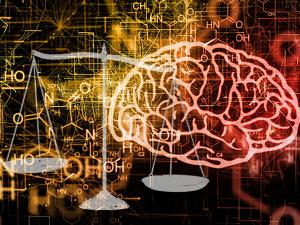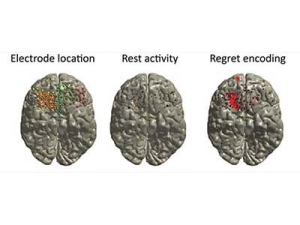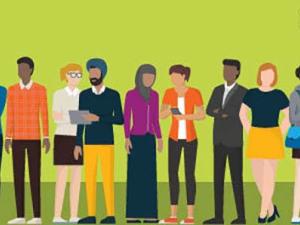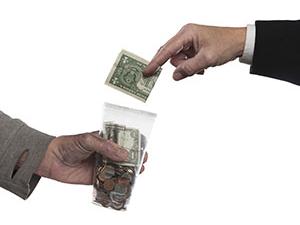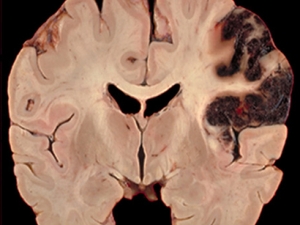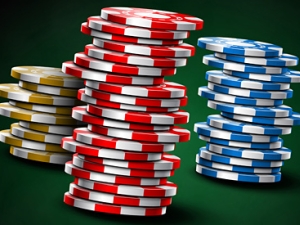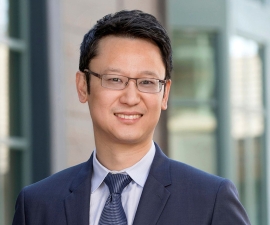

Research Bio
Ming Hsu is an associate professor at the University of California, Berkeley. He holds appointments in the Haas School of Business and the Helen Wills Neuroscience Institute. Prof. Hsu’s research involves using neuroscientific and computational tools to understanding economic and consumer decision-making, and how brain-based methods can be used to generate and validate insights into people's thoughts, feelings, and behavior.
Research Expertise and Interest
decision-making, neuroeconomics, neuromarketing, consumer neuroscience, cognitive neuroscience, behavioral economics
In the News
New Approach Puts Brain Scans on the Witness Stand in Trademark Disputes
Regret is a gambler’s curse, scientists say
Stereotypes measurably influence how we treat each other
Altering Brain Chemistry Makes Us More Sensitive to Inequality
What if there were a pill that made you more compassionate? A new study finds that giving a drug that changes the neurochemical balance in the brain causes a greater willingness to engage in prosocial behaviors, such as ensuring that resources are divided more equally.
Study links honesty to prefrontal region of the brain
Are humans programmed to tell the truth? Not when lying is advantageous, says a new study led by Assistant Professor Ming Hsu at UC Berkeley’s Haas School of Business. The report ties honesty to a region of the brain that exerts control over automatic impulses.
Your genes affect your betting behavior
People playing betting games engage two main areas of the brain: the medial prefrontal cortex and the striatum. Ming Hsu of UC Berkeley and Eric Set of the University of Illinois scanned 12 genes involved in dopamine regulation in these areas and found that people’s genetic variants affected how they dealt with trial-and-error learning and belief learning.

